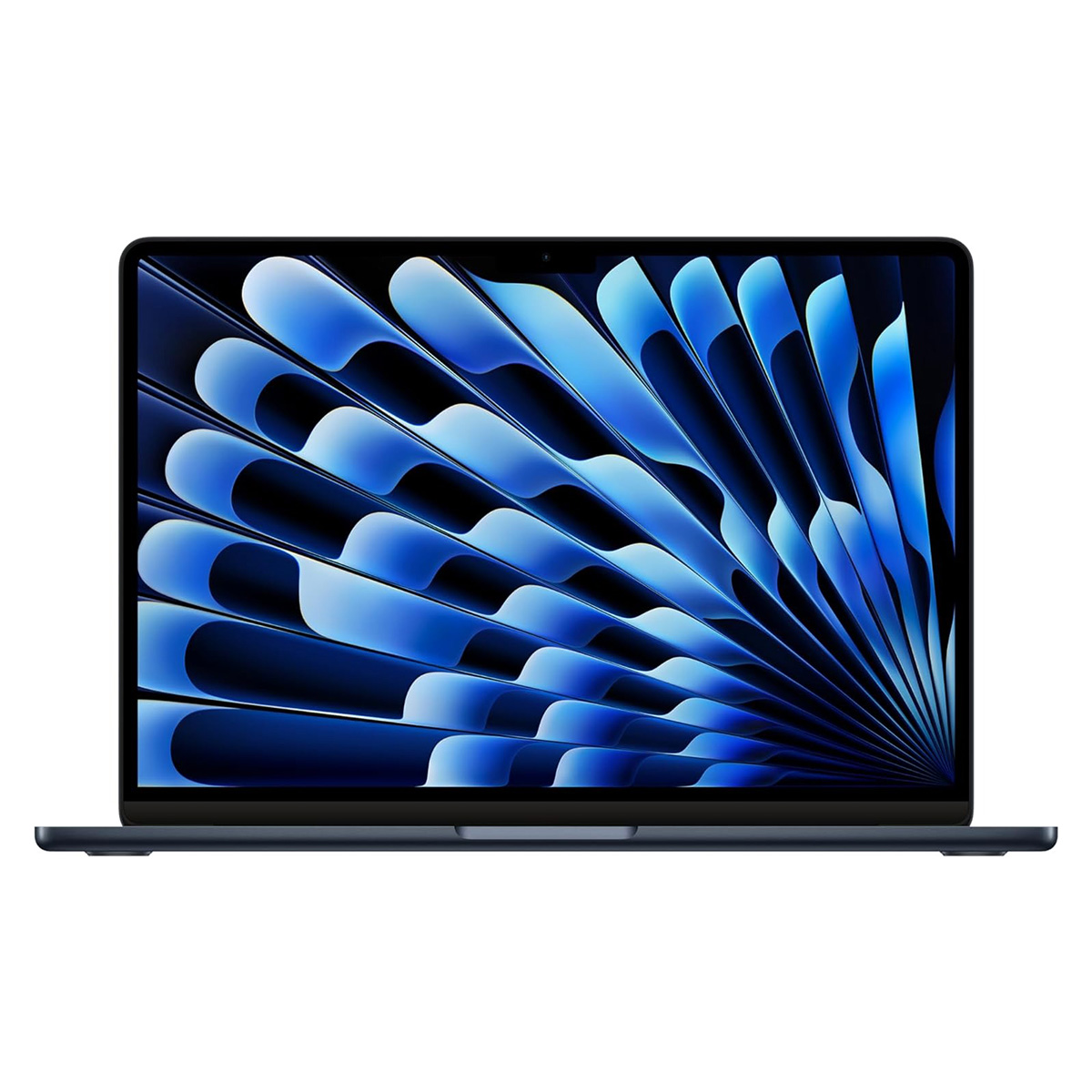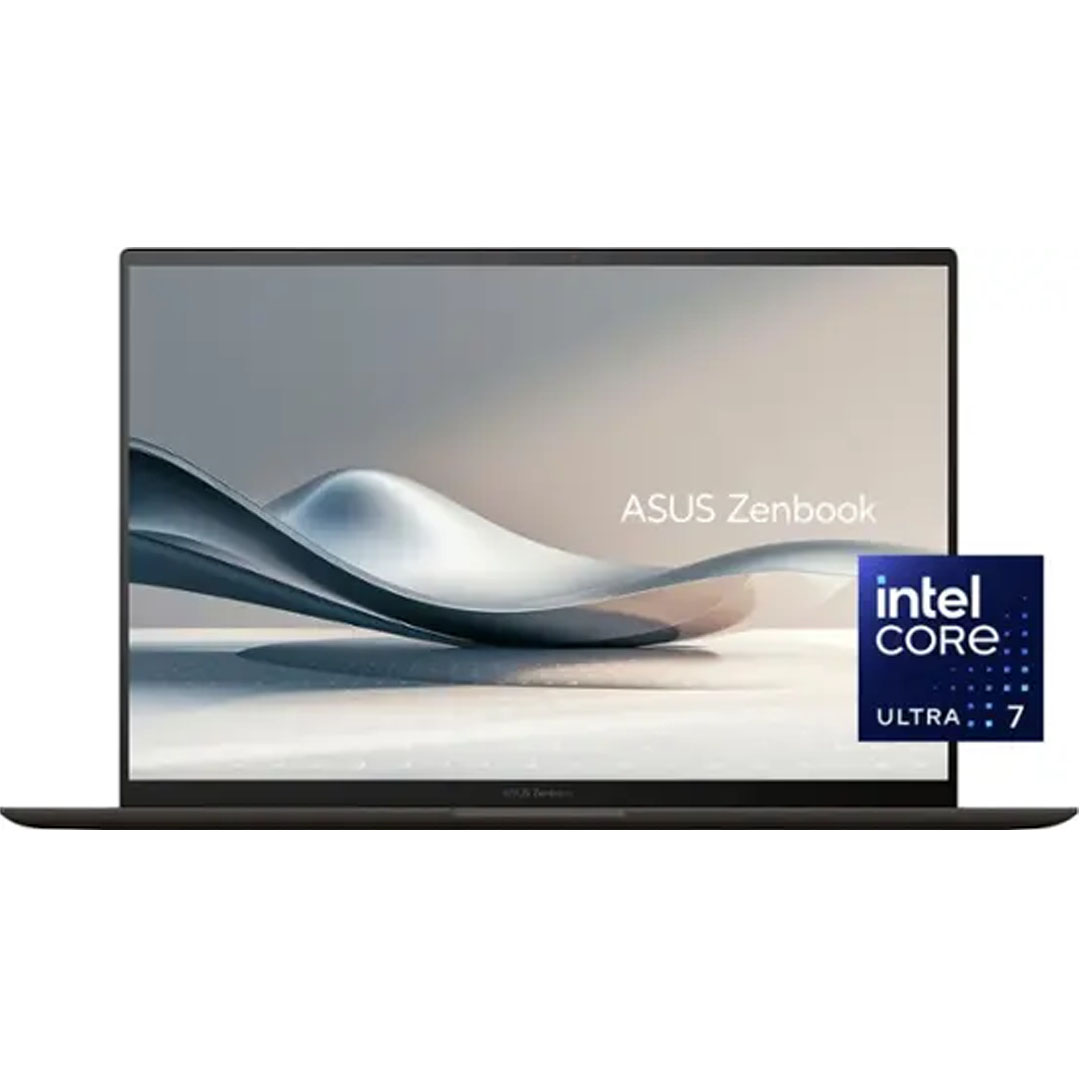
On February 10, 1996, chess grandmaster Garry Kasparov played against Deep Blue, an IBM supercomputer, in the first of two historic chess matches.
In the opening game, Kasparov lost, making it the first time in history that a computer defeated a grandmaster. Kasparov went on to win the match overall but eventually lost to Deep Blue in a 1997 rematch.
Kasparov's loss seemed to confirm the reaction to the initial 1996 match, which was a mix of admiration for IBM and wariness about the future of technology. A 1996 editorial by The Guardian predicted that "it is only a matter of time before an unbeatable computer is devised."
A similar level of tension swept over the computer science community in 2024 when Cognition Labs announced Devin, the world's first "AI software engineer." While 1996's competition was a point of pride and PR, thanks to models like Devin, 2024's version of man vs. machine could potentially alter the fate of entire careers and industries.
On March 12, 2024, the same day Devin was announced, Cognition posted a video to its YouTube channel titled "Devin's Upwork Side Hustle," which claims to show the AI completing a paid coding project on the gig platform Upwork from nothing but a simple prompt.
However, Devin would soon be met with its very own Kasparov in Carl Brown, a 35-year computer professional, developer, and owner of the YouTube channel Internet of Bugs. Brown posted a lengthy video debunking Cognition's claims, which quickly clarified his thoughts. In frustration, Brown pointed at a screenshot of the Upwork demo and stated, "That is a lie."
What followed was a show of force against Cognition Labs' Devin, resulting in a teardown of the developer's bold claims about its capabilities and Brown completing a task that may have taken the model at least six hours to perform in under 36 minutes.
Somewhere, Garry Kasparov was smiling. It took 27 years, but humanity was back on top, for a brief moment at least.
The threat of an automated workforce
"AI is coming for our jobs!"
It's a refrain I've heard often over the past few years, relating to everything from writers to programmers. This year was jam-packed with advancements in AI and countless new AI products, some of which may pose a legitimate threat to millions of people's jobs.
In Devin's launch video, Cognition's CEO, Scott Wu, shows off a short demo and explains that Devin uses "all the same tools that a human software engineer would use." Devin even has its own browser to search for things like API documentation, just like a human would. In the video, Devin completes a coding project and even debugs errors with just a text prompt from the user.
At first glance, this video is impressive and concerning, depending on whether or not you're a professional programmer. It's easy to see why it would spark concern in the coding community, particularly among people new to or debating pursuing a career in programming.
However, you might want to take a closer look before jumping to conclusions about AI stealing your job.
The possibility of AI replacing humans en masse in the workforce is very different from the reality of AI's capabilities. Even when AI can perform at a similar level to humans in certain conditions, that still doesn't directly translate into knocking humans out of the hiring process.
When it comes to AI, don't believe (all of) the hype
Theoretically, when Deep Blue defeated Kasparov in their 1997 rematch, the machine should have become the most famous chess player in the world. It didn't, of course, but that was partly due to the drama that followed.
Kasparov accused IBM of cheating during the rematch, and IBM, feeling it had proved its point, dismantled Deep Blue to preserve its legacy and the accomplishment of the engineers who worked on the project.
Whether Kasparov's claims had credibility is a story for another day. However, in 2024, Carl Brown left little room for doubt about Devin's antics.
He meticulously dissected Cognition's two-minute demo, revealing perplexing behavior from Devin, highlighting errors, and pointing out misleading claims in the video, such as how the developers chose a specific Upwork job instead of a random one.
Brown's commentary is a harsh reality check for developers making bold claims about their AI models. As Brown said in his video, "I am not anti-AI, but I really am anti-hype." I agree, especially regarding AI tools that explicitly claim to be capable of replacing humans in the workforce.
Whether or not AI can truly replace people in the workforce depends largely on the job. However, the more immediate potential threat is the risk of employers leveraging AI as an excuse to cut wages, lay off workers, and provide lesser services to others after overly relying on misleading claims about an AI's capabilities.
This is a core reason why regulation surrounding AI is critical to ensuring that this technology is developed and used safely and ethically.
In 2025, I'm hoping we see more accountability from AI developers and more consideration for the people who are impacted by AI. As Carl Brown of Internet of Bugs put it in his Debunking Devin video:
"Lying about what these tools can do does everyone a disservice."

If you're anything from an AI enthusiast to the average AI tinkerer (or simply seeking out some of the additional features offered through Windows Copilot+ PCs or Apple Intelligence on Macs), then you'll need a powerful and performative laptop to keep up to speed with your needs.
At Laptop Mag, we review laptops year-round to ensure we're giving you expert-backed and up-to-date recommendations on which notebook is right for you. When it comes to the best AI PC category, our top picks are the excellent Asus Zenbook S 14 (UX5406) for Windows users and the impressive Apple Macbook Air M3 for those running macOS.
So, if you're shopping for a new laptop and looking to invest in an AI PC (or just a great laptop in general), check out our current top-tier picks below.

We love the MacBook Air 13 M3. Starting at just $1,099 (MSRP), with education pricing dropping to $999 (MSRP), the Air is a laptop we can recommend for just about any purpose. It's affordable, especially by Apple standards, and it features an excellent keyboard, fantastic performance, and outstanding endurance (over 15 hours of battery life), which makes it a great laptop for just about anyone's needs, especially those interested in getting to grips with all of the latest Apple Intelligence features.

The Asus Zenbook S 14 (UX5406) has quickly become our favorite AI PC laptop of the year, offering all the hallmarks of a great buy, including exceptional performance and battery life. This laptop is one of the first to feature an Intel Core Ultra 200V series processor and at just $1,499 (MSRP), you get a fantastic balance of power, a stunning 14-inch OLED display, effortless multitasking, NPU-enhanced performance for AI tasks, and all of the additional Copilot+ features available with Windows 11.







